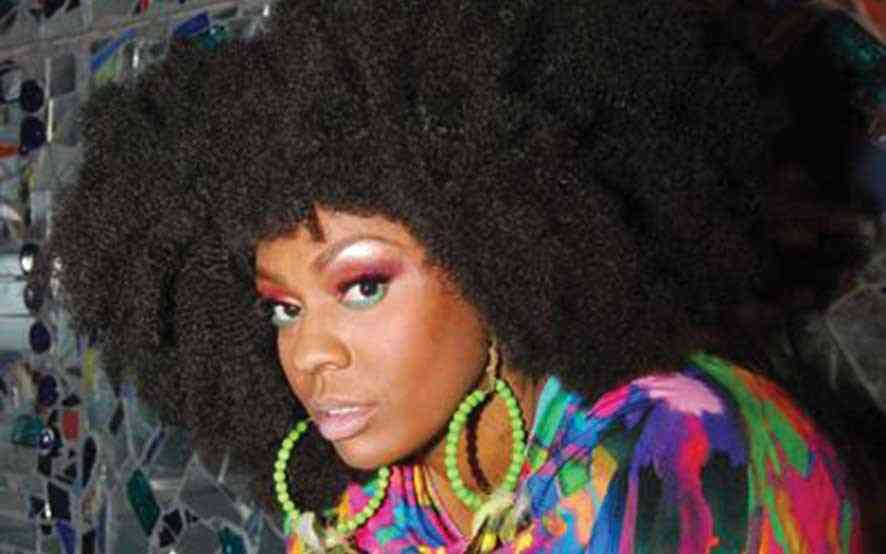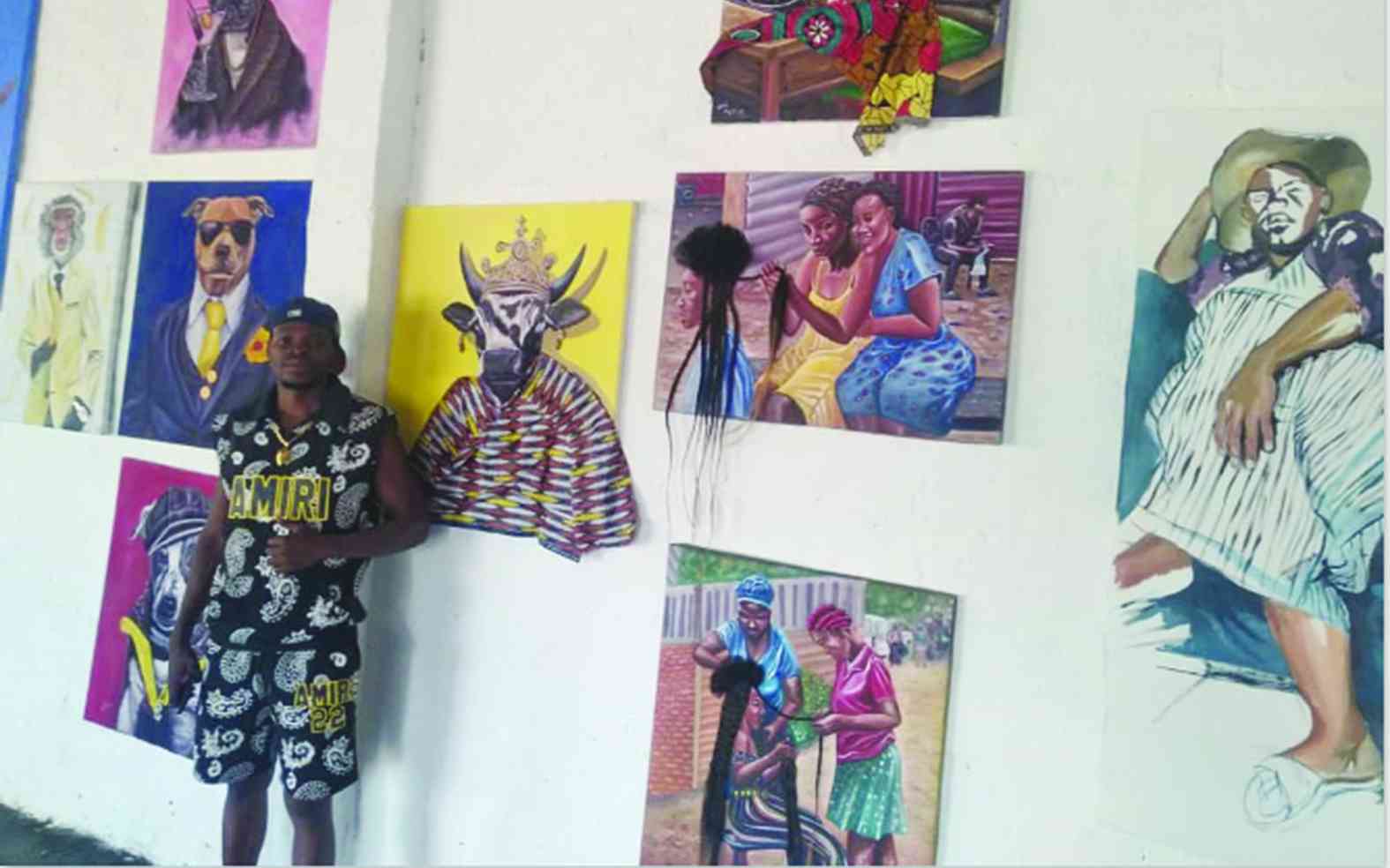
GUEST speaker at the 7th Annual International Conference on Art for Social Transformation, Yvetta Eley from the United States, challenged artists to use art to heal and bring people together.
“Everything was once manifestation and it came into being. Art is creation. There is no civilisation without art, arts put the civil in civilisation. Let us use art to heal and bring people together. Welcome home to Africa, where there is only one race, the human race,” said Eley last week on Friday in the capital at the Zimbabwe College of Music.
Eley added that if all life began in Africa, we all have African ancestors. She was speaking at the event on African spirituality as art.
Filmmaker Ben Mahaka, who also attended the conference, said the conference presented a great opportunity to all artists.
“I think this conference is an important opportunity for people in the arts to connect, understand what needs to be done to grow the industry and understand how culture is at the centre of all our artistic endeavours,” Mahaka said.
Among artists who attended the conference was musician and actress Kesia Masona, popularly known as Muchaneta for her role in Muchaneta, a drama that aired on ZBC-TV.
She performed songs such as Mugariro, Chamutengure and Sango with the Zimbabwe College of Music band, giving guests a taste of Zimbabwean music and cultural dances.
Speaking at the event, Masona said: “To survive in the arts industry, you have to be able to do other things. We need to have a cause, art which is relevant to what is happening in the society. Artists should not just sing and succumb to pressure from the outside world. I survived on art for 23 years. Arts industry is tough, but we need to sail through.”
- ‘Use art to unite people’
Keep Reading
National Arts Council of Zimbabwe (NACZ) deputy director Josiah Kusena said: “The conference is a true reflection of the importance of establishing global alliances and partnerships ... in the cultural and creative sphere. The conference has important networking platforms and capacity building which complements NACZ strategic efforts in the promotion and development of the arts sector.
“NACZ desires to see this conference leave a lasting legacy that promotes sector sustainability as informed by our theme Connecting artists and art culture to sustainable development.”
He added: “For NACZ, this conference has a significant relevance in our development trajectory as espoused in our second republic trajectory where the emphasis lies in engagement and re-engagement through developing international diplomacy and building successful and appropriate relationships that will propel Zimbabwe to an empowered middle-class society.”
Kusena said NACZ believed that their collaboration with Artizen would yield a lasting impact on the country and become a basis upon which Zimbabwean artists should receive and explore benefits of new knowledge through their participation.
Other artworks such as crafts embodying African uniqueness and some items proudly Zimbabwean were showcased at the conference.
“There is a lot of crafts out there but we lack representation and we have not been sourcing the correct market for the items. I came to showcase the crafts and attract the international community representing artwork in this category of craftworks,” said Chandakaita Kunaka from Tynwald.
The Art for Social Transformation conference will run until today under the theme Connecting Artists and Art Culture to Sustainable development.










